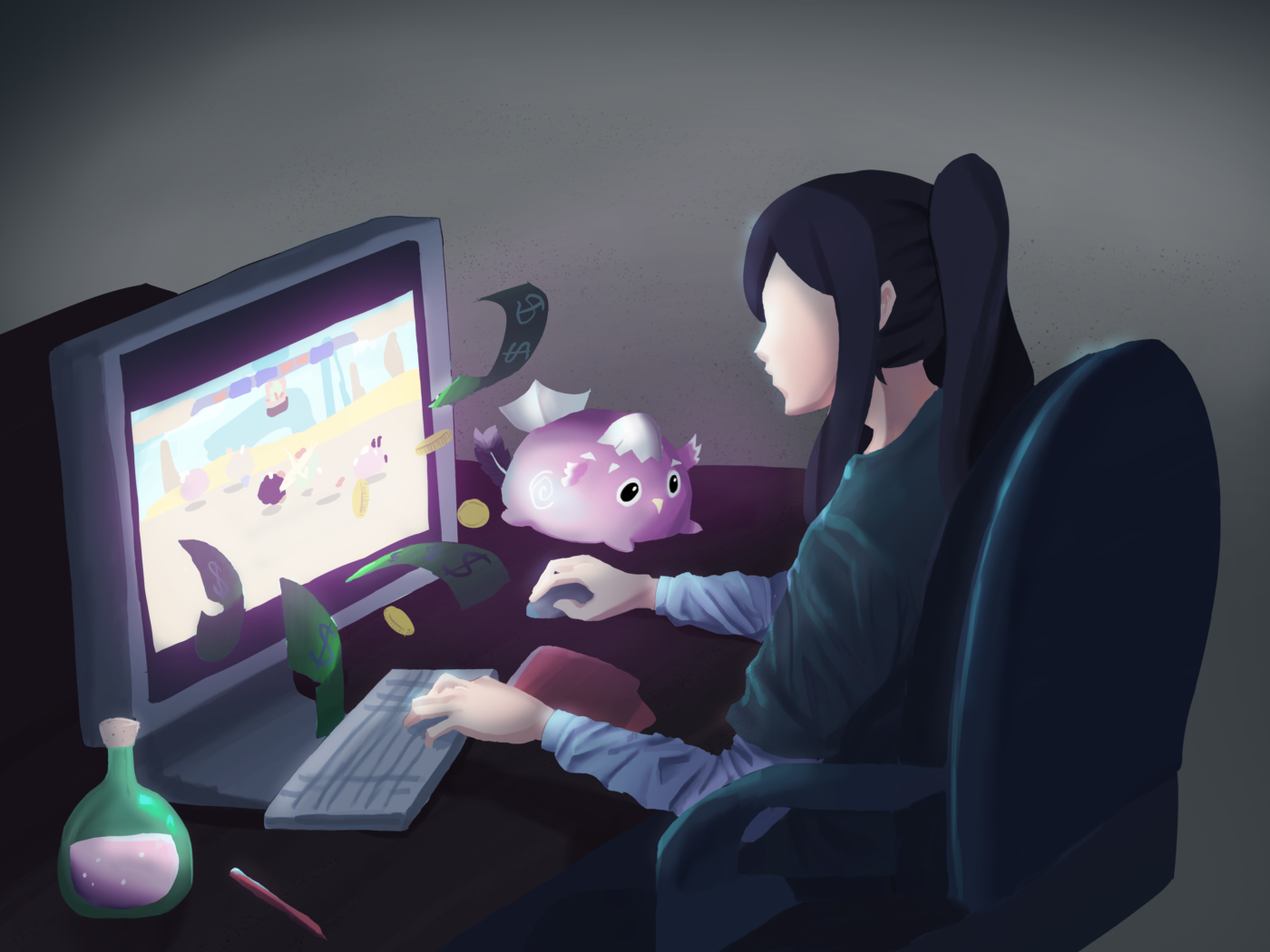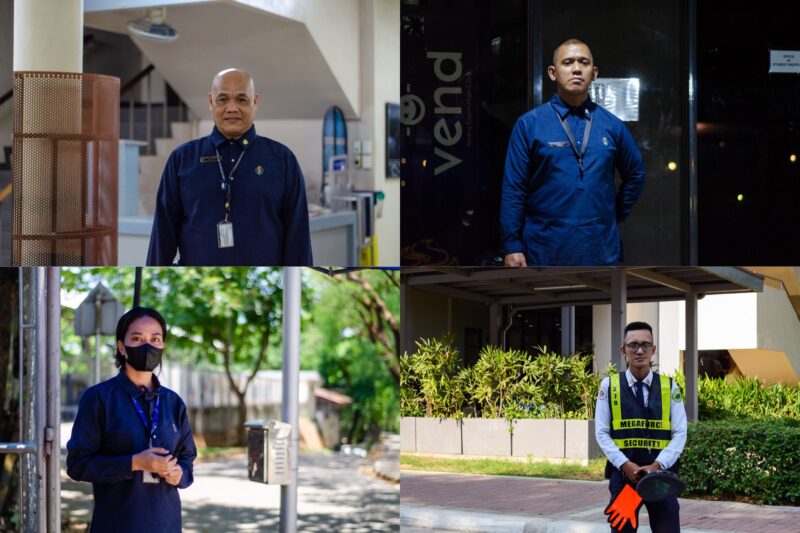Unlike other demanding money-making pursuits, play-to-earn games let players hit two birds with one stone: Investing and having fun.
THE PHILIPPINES hosts an ever-booming gaming community that attracts professionals, casual gamers, and beginners alike. Amid the challenges of a global health crisis, gaming has thrived not only for entertainment but also as a source of comfort.
Beyond the pixels, some games have introduced a digital currency that can be converted to real-life cash. With the emergence of non-fungible token (NFT) games, the rewards reaped from the endless plays have evolved into next level form: Real money.
Students are no stranger to this new play-to-earn arena, as NFT games like Axie Infinity continue to soar in popularity among the Filipino masses.
On cooldown
NFT Games are powered by a breakthrough technology called blockchain. To kick off the play-to-earn proper, one must invest money in the game and earn digital currency from wins before cashing out into real money. In Axie Infinity, for instance, a player buys NFTs in the form of creatures named Axies to battle against others.
The game and money tandem draws in students looking to earn extra cash amid the loss of baon from remote learning. Even with remote learning’s adverse repercussions on mental health, its flexibility has provided Butch Castro (4 BS CS) an opportunity to be a full-time student and part-time Axie Manager.
Castro started with PlayStations and Nintendo Gameboys as a kid. Eventually, he became interested in cryptocurrency and came across NFT games as a college student over the pandemic. Castro was skeptical at first but was convinced by a friend’s first-hand experience with play-to-earn games. He later became part of something bigger—entrusting Axie Infinity Scholarships to those in need of extra income.
Most of the applicants Castro screens come from diverse backgrounds ranging from farmers, fishers, parents, to fellow students. To scale, most of the successful applicants he sourced from social networking sites earn more than a wage earner in the province would. “I think that’s why it grows in popularity [in developing countries] like the Philippines… it gives them another income stream other than their daily job,” he shares.
Away from the keyboard
Beyond the realm of gaming are students who juggle play-to-earn games with academics. Aian*, a Business Administration sophomore at the Polytechnic University of the Philippines, takes on the job of teaching game beginners while being an Axie scholar herself. “I have to tutor four scholars, and then I have to do my own [win] quota,” she shares, pointing out the stress around NFT gaming.
Managers like Castro also bear the responsibility of guiding Axie scholars under their wing. To ease the burden of balancing tasks, Castro quit playing the game and focused on nurturing his growing guild with assistance from his Axie friends.
Castro mentions that both parties get varied earnings from the standard 60-40 ratio, where managers usually receive a higher cut as the scholars’ primary investors. On the other end of the spectrum, scholars like Aian make use of their pay in varying ways. “Axie already paid for a number of my online shopping orders, while some of it has gone to bills like groceries,” she shares, adding how her friends were able to use Axie earnings to purchase gadgets for online classes and medication for family members.
Much of the game’s charm lies in its simple play interface, rewards, and mechanics. Despite this, NFT games are still unable to dodge controversy.
Buffs and nerfs
Thousands of computers are needed to run the Ethereum software required by NFTs. This has sparked serious discourse on sustainability, as a single Ethereum transaction alone produces 34 kg of carbon dioxide, enough to power a US household for two and a half days.
Additionally, stories of exploitation plague the Filipino Axie community. Castro shares that a handful of his scholars switched managers as they were only given a 10% cut. “Many Filipinos are easy to convince [and] be given a really low cut just because they want to earn money. In other countries, it’s just really unheard of,” he says, adding that the risk of payout scams are another issue as well.
Apart from the time and efforts demanded by the game, an unspoken capital plays a role in manager-scholar partnerships—trust. A manager gambles on an investment, and they trust that the scholars won’t use more than one account to prevent being banned. On the other hand, scholars keep their fingers crossed in hopes that their managers don’t run away with their hard-earned income.
The money-earning prospect of the game certainly reels people in, but striding the industry with caution mantles the threats that come with it. As play-to-earn games continue to rise within universities, Aian and Castro urge students to gear up with proper information to safely navigate the NFT investing niche. After all, a game well played is one where you don’t lose more than you give.
*Editor’s Note: The name of the interviewee has been changed at their request in order to protect their identity and privacy.
—







